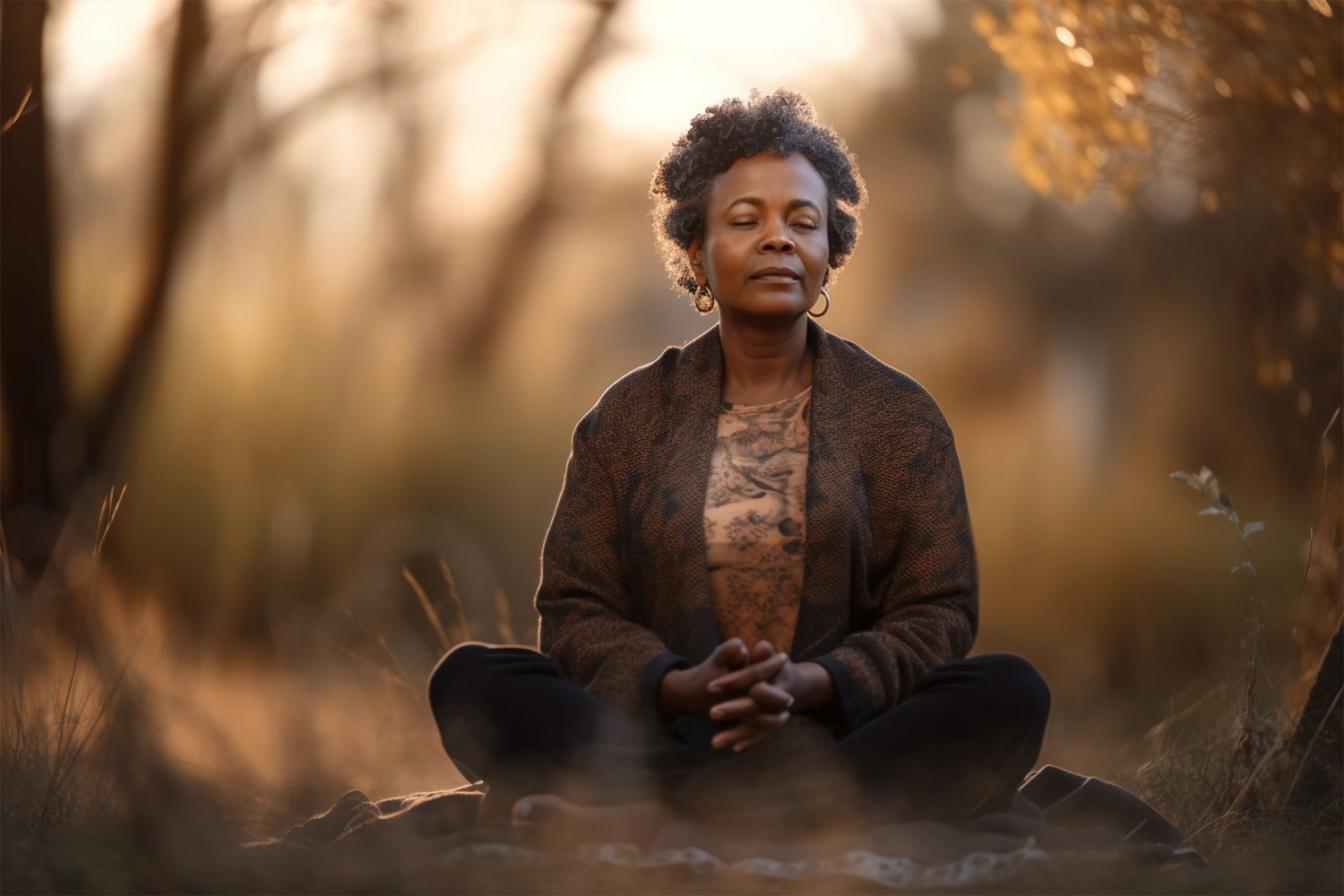“Live as free people…”
—1 Peter 2:16A (NIV)
A lot of Christians believe that God has zero boundaries.
That God’s boundaries are porous, preoccupied, permeable, and possessive. hat he is so enmeshed with our souls, something as natural and menial as masturbation could threaten to “defile” the temples of our body.
We must define our identity in Christ and for Christ alone; lest we define ourselves by another trait, such as our sexuality, gender, or race.
That he is so entwined with our existence, socially constructed “cuss words” can endanger our eternal souls. That he is so selfishly over-involved, the afterlife will solely consist of a monotonous worship concert playing on a never-ending feedback loop (evangelical smoke machines notwithstanding).
But God isn’t so anxiously attached to us that he believes he has full control over humanity’s reproductive rights. He isn’t emotionally intrusive or demanding attention. He doesn’t even fear our rejection.
God simply isn’t that insecure.
And we’re not dependent, robotic sheep without a personality. Sheep may follow the Shepherd… but they don’t define themselves by him. They can also have different ages, genders, breeds, coats, traits…
Yes, we’re Imago Dei. Yes, we’re filled with Holy Spirit. But I dare to believe that God is not an enmeshed God.
In family systems, enmeshment is characterized by a lack of boundaries that inhibits family members from developing an independent identity apart from each other.
On the contrary: God knows that we have an autonomous personality, a unique individuality. God knows that we have rights and freedoms, and possess individual dignity and worth. She knows our body is our own; that our heart is trustworthy above all things. And She must work to earn our trust. Her ego isn’t so fragile that we must constantly manage Her emotions or forcibly forego our lives to Her whims. Nor does God need us to toxically police each other under the guise of being an “accountability partner” or a “brother/sister/sibling in Christ.”
The Lord honors healthy boundaries.
Reflect on these questions: How have we been taught that God is enmeshed with us… and how have we been enmeshed with God? What would it look like to practically challenge lingering notions of enmeshment in our spiritual AND social lives?







